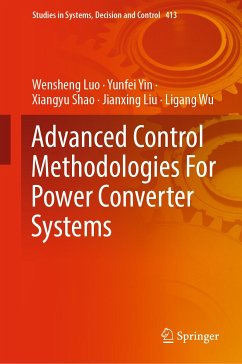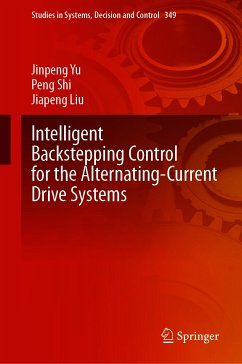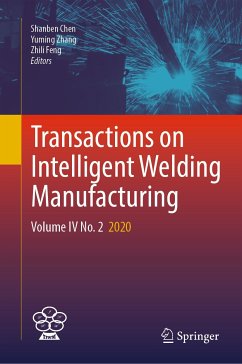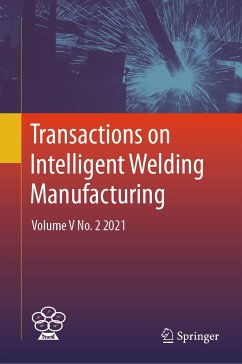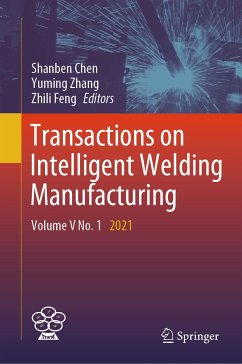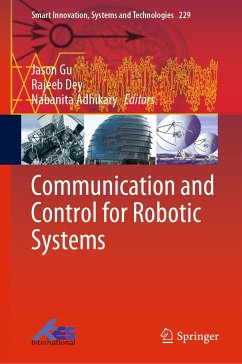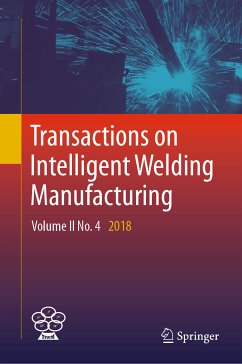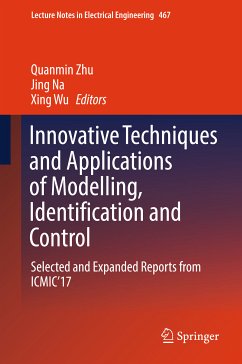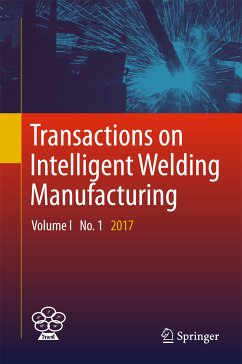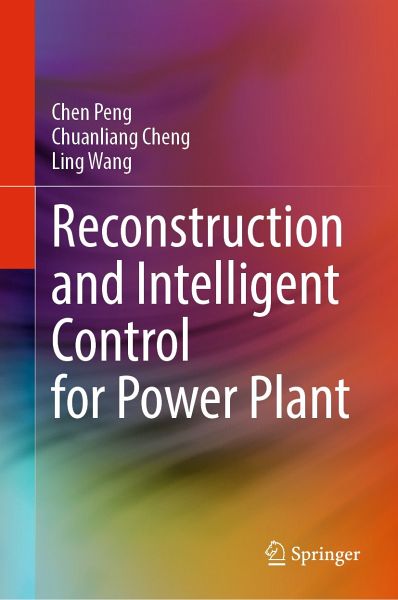
Reconstruction and Intelligent Control for Power Plant (eBook, PDF)
Versandkostenfrei!
Sofort per Download lieferbar
72,95 €
inkl. MwSt.
Weitere Ausgaben:

PAYBACK Punkte
36 °P sammeln!
The authors' innovative research ideas in power plant control are presented in this book. This book focuses on 1) cognition and reconstruction of the temperature field; 2) intelligent setting and learning of power plants; 3) energy efficiency optimization and intelligent control for power plants, and so on, using historical power plant operation data and creative methods such as reconstruction of the combustion field, deep reinforcement learning, and networked collaborative control. It could help researchers, industrial engineers, and graduate students in the areas of signal detection, image p...
The authors' innovative research ideas in power plant control are presented in this book. This book focuses on 1) cognition and reconstruction of the temperature field; 2) intelligent setting and learning of power plants; 3) energy efficiency optimization and intelligent control for power plants, and so on, using historical power plant operation data and creative methods such as reconstruction of the combustion field, deep reinforcement learning, and networked collaborative control. It could help researchers, industrial engineers, and graduate students in the areas of signal detection, image processing, and control engineering.
Dieser Download kann aus rechtlichen Gründen nur mit Rechnungsadresse in A, B, BG, CY, CZ, D, DK, EW, E, FIN, F, GR, HR, H, IRL, I, LT, L, LR, M, NL, PL, P, R, S, SLO, SK ausgeliefert werden.



